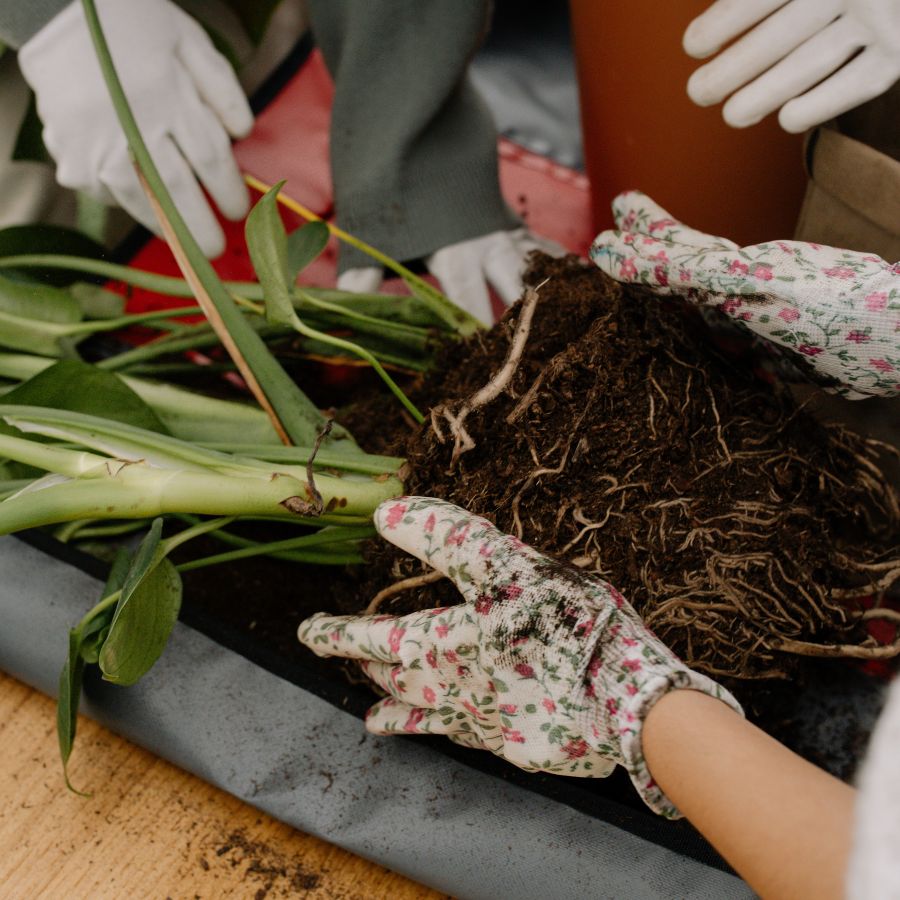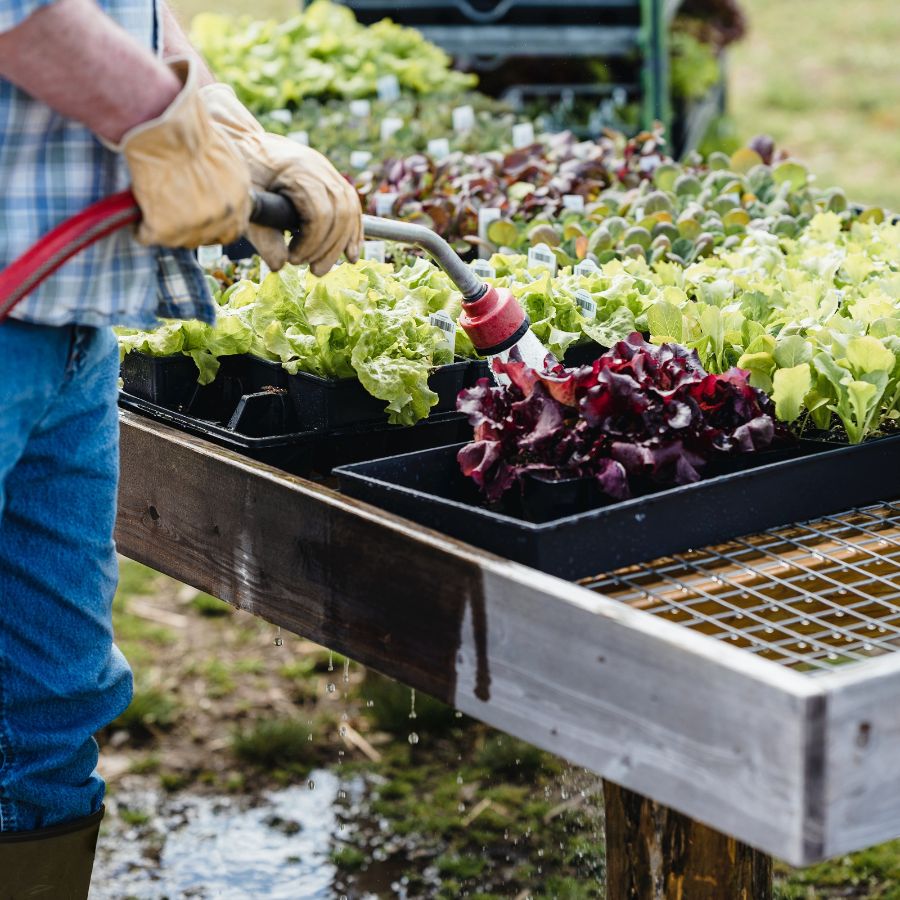Increase Plant Health with Raised Planter Boxes
Tried & True Gardening Method for Success
If you’re considering using box planter to garden, you’re in good company. The benefits of contained gardening have been recognized for thousands of years, and there are good reasons why this method prevails.
Ancient Egyptians made the most of a challenging climate by using plant containers, and used the Romans were the first to use terra cotta window boxes to cultivate food and medicinal herbs. Affluent people of both civilizations had extensive rooftop and balcony gardens, maximizing their limited space in crowded cities.
Space utilization isn’t the only reason why planter boxes are beneficial, though. Here are other advantages over in-ground planting, and how your vegetable and fruit plants can benefit.
Why Should You Plant a Garden in a Planter Box
There is Less Disturbance to Soil Plant Roots
Ploughing, burrowing animals, and intrusive roots from neighboring plants are all disruptive to sensitive fruit and vegetable plants. These disturbances tend to interfere with the nutrient content and drainage capability of the soil, and these changes can be difficult to detect.
Improper drainage and nutrient deficiencies can lead to stunted growth, while mechanical action can damage sensitive plant roots. This can be especially detrimental to leafy vegetables that tend to have shallow growing roots.
You Have More Control Over Drainage and Soil Composition
Not all produce requires the same type of soil or drainage capabilities, and these two things are difficult to control with in-ground gardens. With planter boxes, it is easier and much more economical to make additions to the soil and augment draining capabilities.

The ability to customize soil to different requirements allows for a greater variety of plants in a garden, regardless of your region’s climate and soil type. If you live in an area with compact clay soil, you can use planter boxes to grow tap-rooted vegetables that require loose soil, like carrots and radishes.
Gardeners who live in rainy climates can benefit from raised planters that facilitate drainage. Additional drainage holes can prevent water-logged soil, and the addition of perlite is much more effective in a planter box than with in-ground gardens.
This can also be beneficial for this in dry climates, as self-watering planter boxes are great for providing a constant water supply to your plants while minimizing waste.
Organic Gardening is Easier with Planter Boxes
With planter boxes, it is much easier to control intrusive growth and pests without the use of chemicals. In a limited growing space that you have more control over, you can easily remove weeds by hand and keep plants away from ground dwelling pests. The contained growing area allows to gardeners to maximize the benefits of compost as well.
If your intention is to garden organically, it is important to consider the material the planter box is made of. Untreated natural wood and terra cotta are good options, and it’s always good to know the container’s history to avoid cross contamination.
Box Planters are Customizable to Allow for Different Root Depths
Planter boxes don’t limit you to small plants with shallow roots-you can size the box to accommodate almost any garden vegetable or fruit. With a little bit of research, you can easily have a wide variety of produce flourishing in planter boxes.
Here are some general guidelines to determine planter depth:
- Shallow rooted vegetables like lettuces and spinach do well in 6″ to 9″ depths
- Moderate root depth of 12″-18″ is best for peppers, kale, and chard
- Deep rooted vegetables like tomatoes and zucchini do well in 18″-24″ depths
Box Planters Keeps Plants Safe from Viruses in Soils
Plant diseases like tomato mosaic virus can live in soil and impact generations of tomato plants. With planter boxes you can keep your vegetables safely distanced from problematic soil. In the unfortunate event that your vegetables do become infected with a virus, you can easily dispose of all plant debris and soil without impacting the rest of your garden.
Bear in mind that planter boxes can harbor viruses, especially those made of porous materials. In this case, it might be best to take those planter boxes out of rotation for a couple of years to let the virus die off.
Wooden Planter Box & Metal Planter Box Design Ideas
Now that you know the science behind why planter boxes are a good idea, we have a list of design ideas that might suit you and your backyard. You can view how to make a raised planter box and their DIY instructions here.

